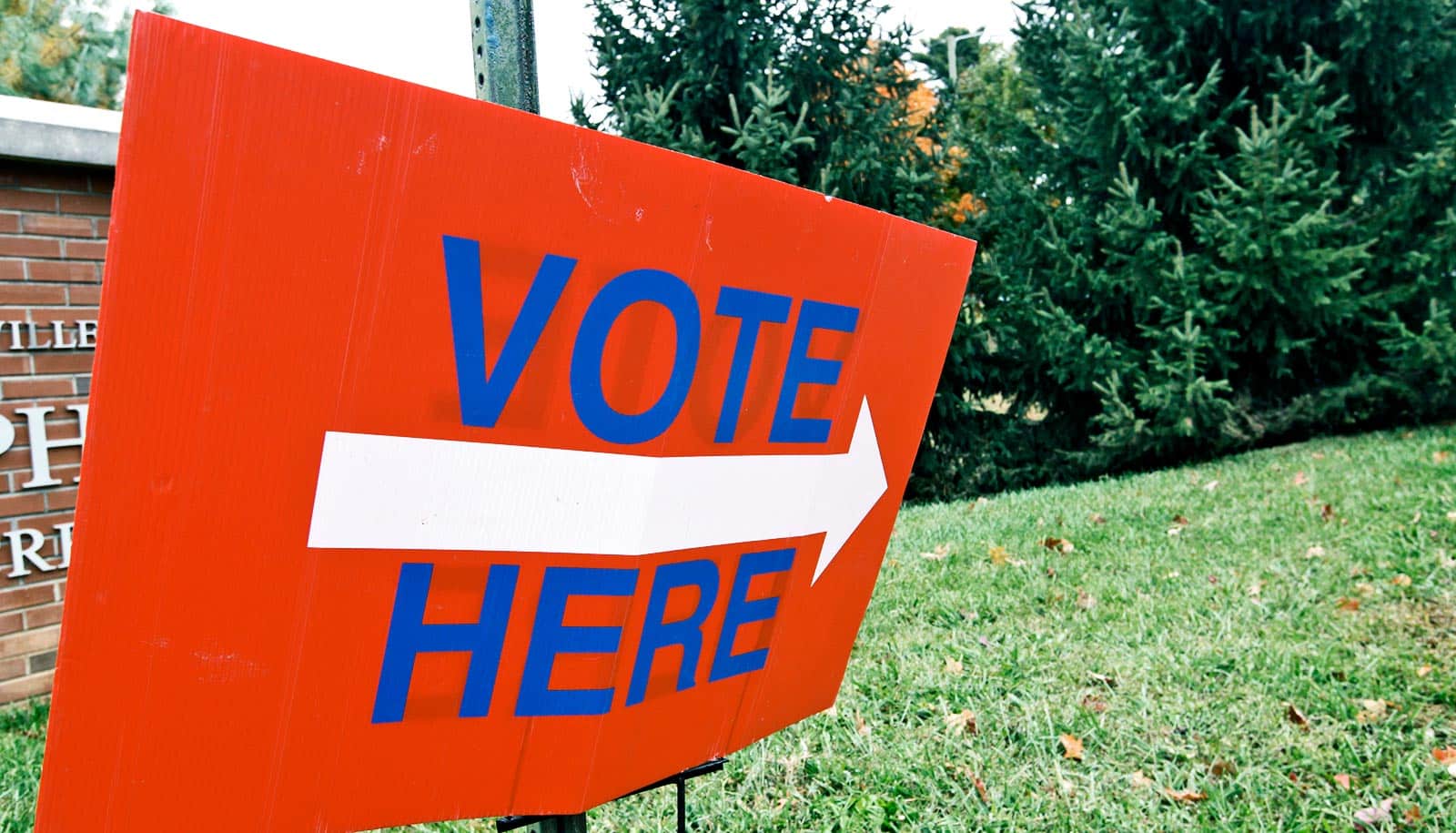According to a new report, approximately half of mayoral elections in six US states are unopposed, and unopposed elections are on the rise.
The report focuses on elections of mayors in municipalities in California, Indiana, Kentucky, Louisiana, Minnesota, and Virginia, which include roughly 10 percent of the country’s municipalities.
Melissa Marschall, the report’s author and director of the Center for Local Elections in American Politics (LEAP), part of Rice University’s Kinder Institute for Urban Research, says these states capture considerable variation in the electoral rules that govern how mayors are elected in the US, including the timing of elections (presidential, congressional midterm, and off-cycle), partisan versus nonpartisan races, and open and closed primaries (or no primaries at all).
‘An interesting puzzle’
The researchers evaluated elections across 17 years, six states, 1,899 municipalities, and 8,452 unique elections. Apart from analysis of African-American candidates, which relied exclusively on data from Louisiana, the analysis is based on elections between 2000 and 2016.
The study’s key finding revealed that about half of all mayoral elections in the six states studied featured only one candidate. Unopposed elections were particularly prevalent in small towns, where 79 percent of elections were uncontested, but they were notably rare in the biggest cities, where only 15 percent of contests saw only one candidate.
And despite variation in the percentage of uncontested mayoral contests, since 2000, unopposed elections are on the rise. By 2016, on average 60 percent of mayoral contests in the six states examined in this report involved only one candidate.
“An interesting puzzle is that despite the high rates of unopposed elections in small towns, these are the same places that have the highest rates of voter turnout in their mayoral races—and this holds regardless of election timing,” says Marschall, a professor of political science in Rice’s School of Social Sciences.
“We tend to think that the health of local democracy depends on having electoral competition, but perhaps in small towns, where people are much more likely to know the candidates, norms of civility and communitarianism might discourage competition,” she explains.
Marschall says that if local residents treat serving as mayor as part of their civic duty, then it is possible that political culture might also dictate that residents not challenge the candidate who steps forward to serve in this capacity.
Close elections push voters to extremes
“This finding warrants further empirical investigation,” she says. “Indeed, since small and medium-sized cities have been almost completely ignored by research, we know very little about how they are governed or what their electoral processes and outcomes look like.”
Four more findings
Other findings from the report include:
- Unopposed elections were less prevalent in cities and towns with larger minority populations. Indeed, as the percentage of the nonwhite population increased, the incidence of uncontested mayoral elections decreased.
- Incumbents were the norm in mayoral elections in these six states; on average, over two-thirds of mayoral contests featured an incumbent on the ballot.
- Women were significantly underrepresented when it comes to running for mayor. On average, only 17 percent of all mayoral candidates in this study were female. Female candidates were slightly more common in suburban mayoral elections (18 percent) compared with in rural towns (15.7 percent) or central cities (16.8 percent).
- African-American candidates were also underrepresented in Louisiana mayoral elections. African-American candidates represented 20 percent of all mayoral candidates there. However, Africans-Americans represented 33 percent of the population, on average, in Louisiana municipalities.
The researchers hope the report and forthcoming reports will provide helpful analyses to policymakers seeking ways to improve political participation and strengthen local democracy in America.
Half of kids don’t inherit their parents’ politics
Data for the report came primarily from secretaries of state websites. In addition, source data for California came from the California Elections Data Archive (CEDA), a joint project between the Center for California Studies, the Institute for Social Research, and the Office of the California Secretary of State. A grant from the John S. and James L. Knight Foundation provided support for the research.
Source: Rice University



